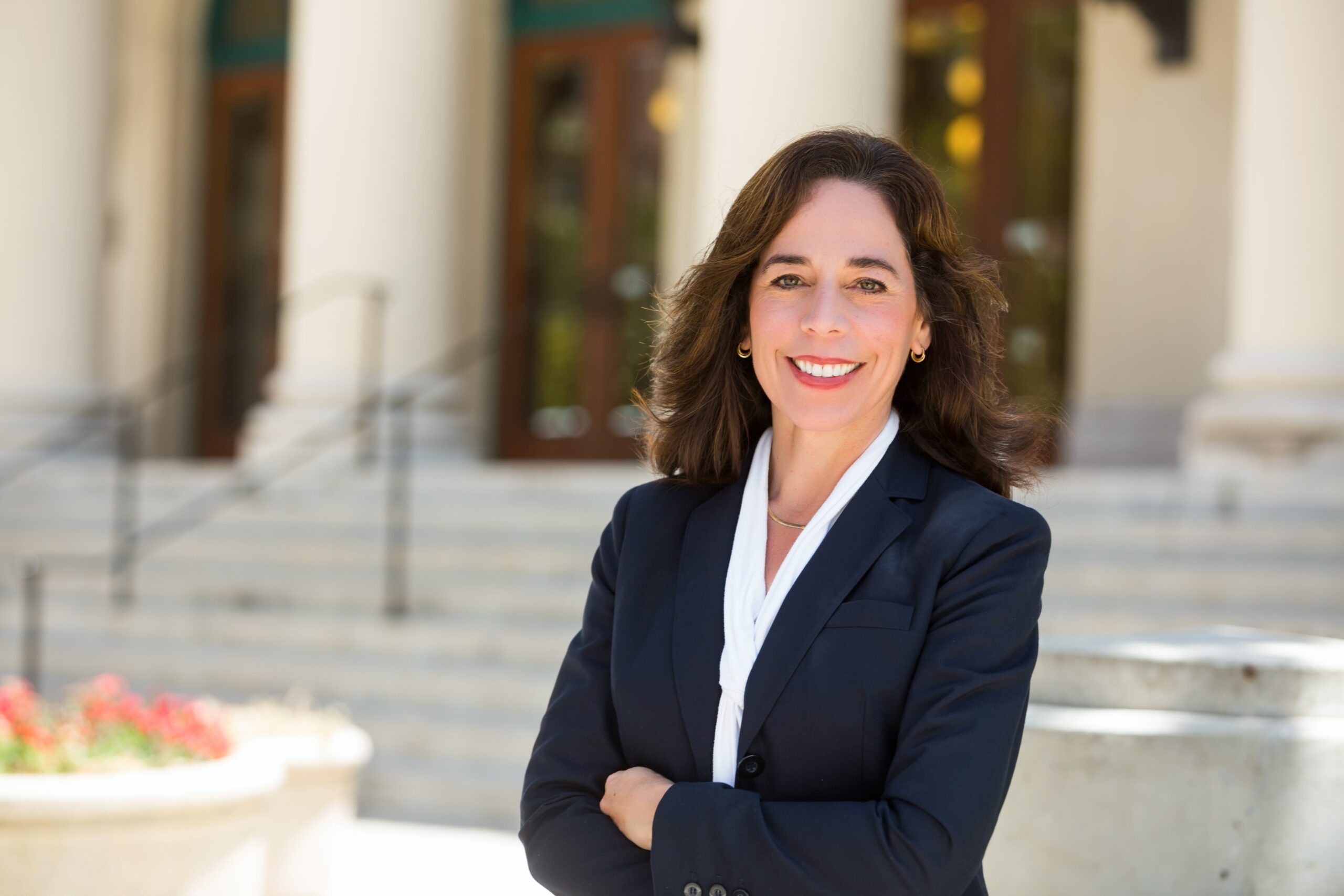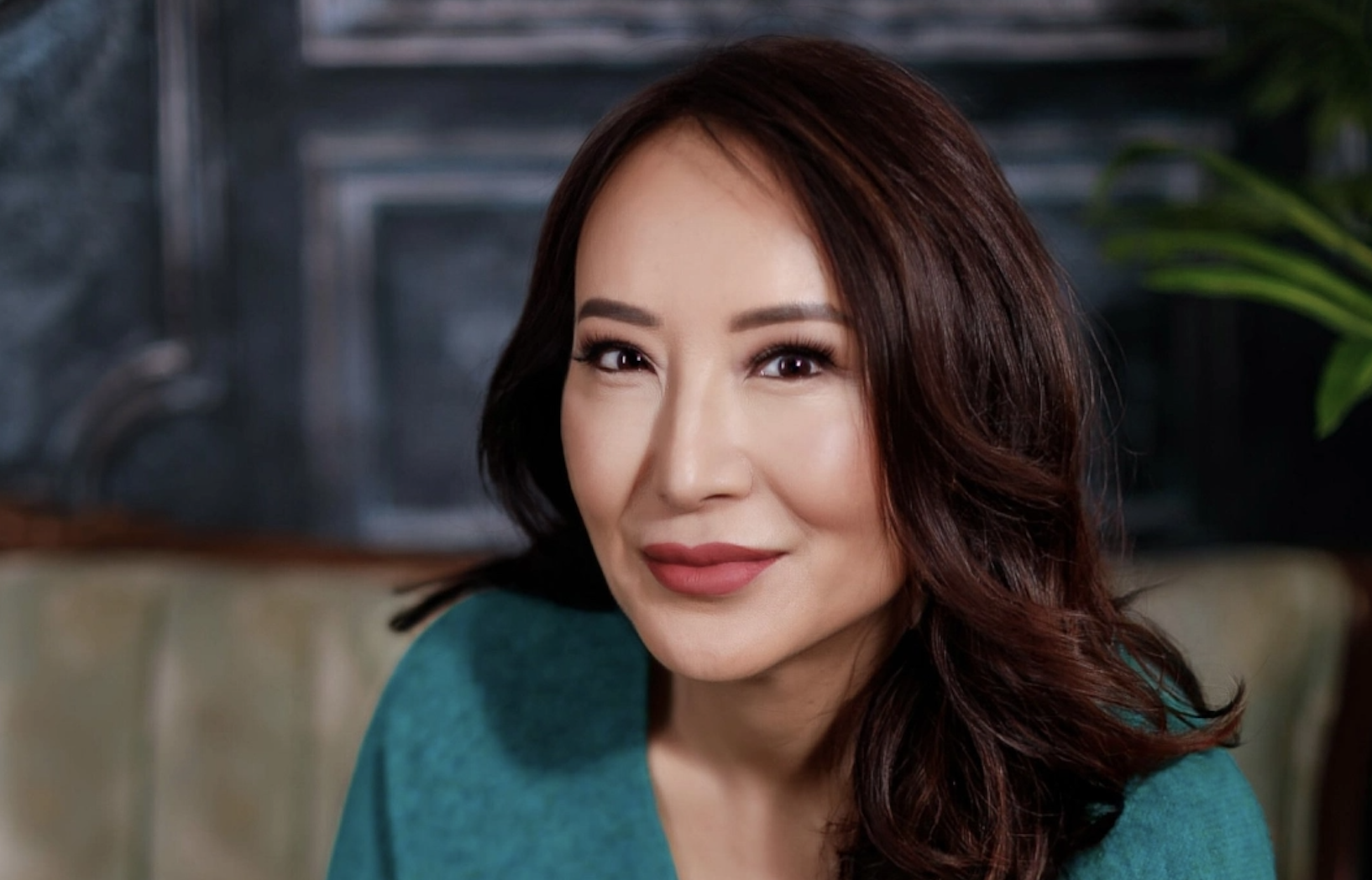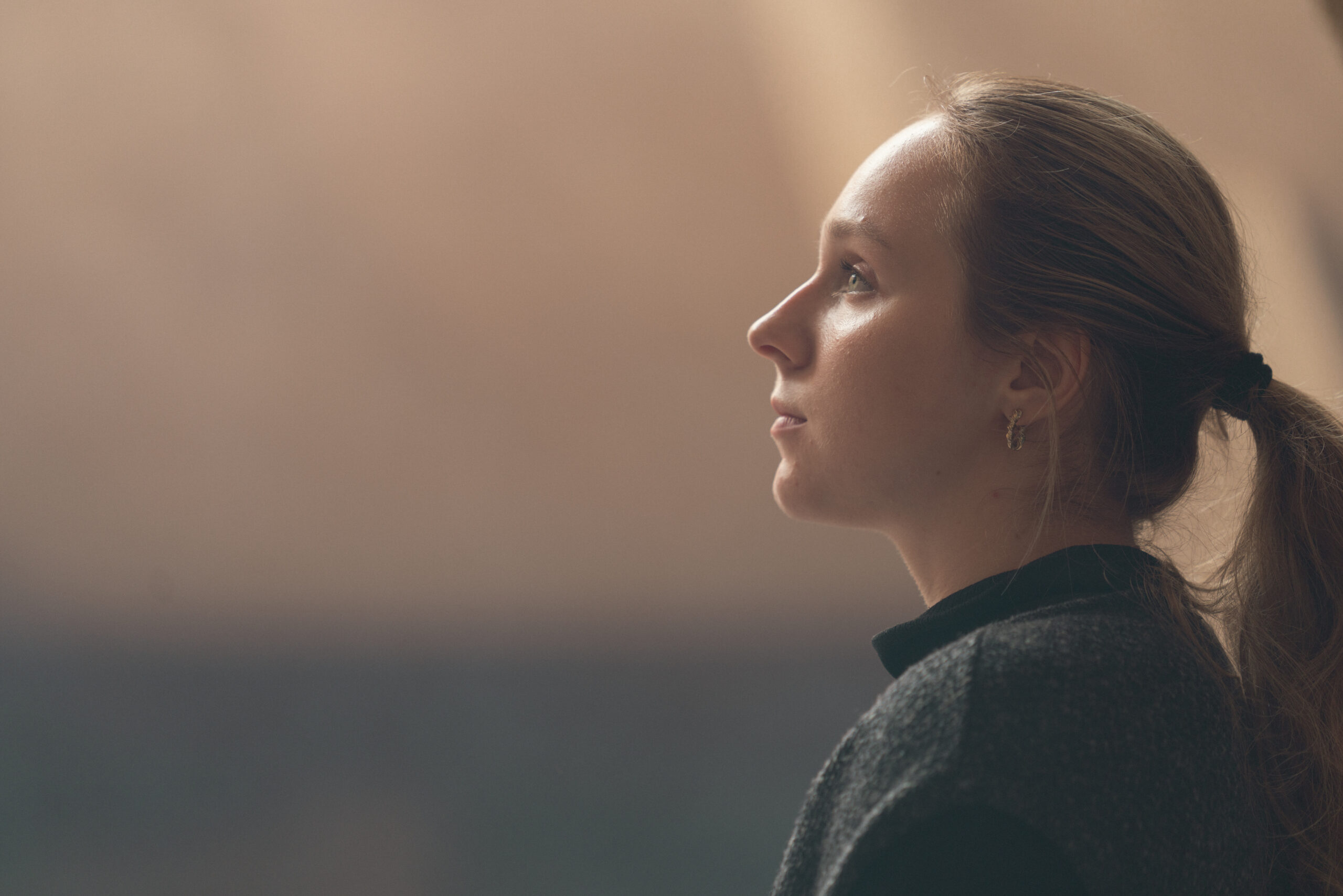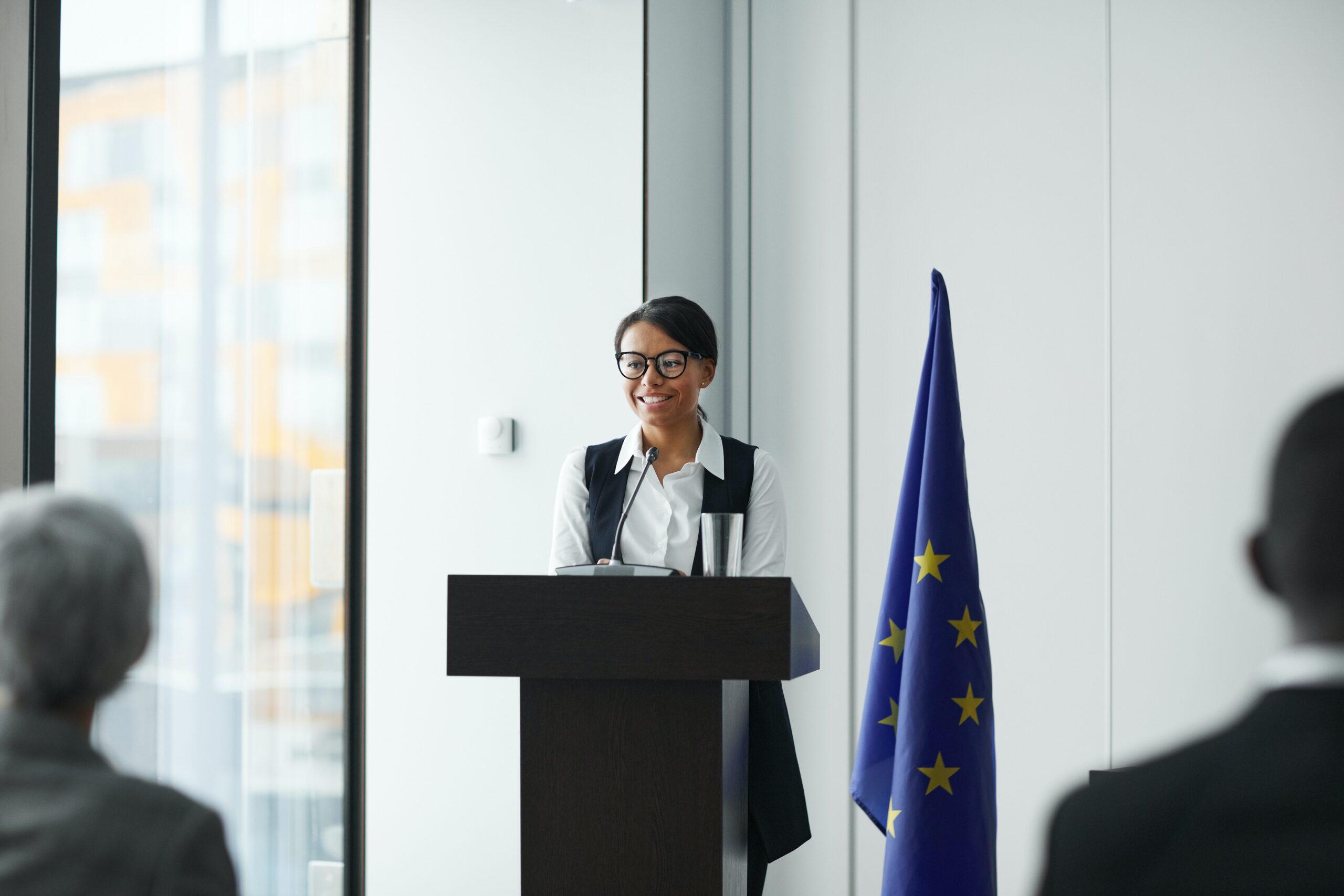
In a country of 1.2 billion people, it’s hard to stomach that nationally, the percentage of women in Indian government is a meager 12%. It is the second most populated country on Earth, yet places like Saudi Arabia and South Sudan even have more women in government. A lot of this inequality stems from a deeply conservative and patriarchal culture where men are traditionally the bread winners and leaders outside the home, and women are primarily seen as the caretakers of the household and family. When women’s voices aren’t equally represented at a national policy level, a lot of the time their best interests and needs are also neglected.
Yet, if you’ve been paying attention to the long history of feminist movements in India, and the greater awareness of the need for women to be in positions of power especially in light of the horrific Delhi gang rape incident in 2012 which sparked international outcry over the treatment of women, you will notice that women and girls are fighting for their rightful place in society alongside men.
India has launched a major event to take steps toward giving today’s young women an opportunity to become tomorrow’s leaders. Initiated by the Andhra Pradesh legislative assembly, a small group of legislators and speakers came up with the idea of the National Women’s Parliament.
In its inaugural launch in February, the 3-day event saw politicians, cultural influencers, celebrities, sports stars, educational speakers, judicial experts and many more come together to “share knowledge and research in the area of women’s social, economic and political empowerment resulting into a better and conducive environment for Women Empowerment and nation building.”

The very first NWP also saw 10,000 female students currently in school connect with 401 women legislators, 91 women Members of Parliament and 300 social and corporate women leaders of India and overseas. The event was inaugurated by Prime Minister Narendra Modi over live video conference, in the presence of AP Chief Minister N Chandrababu Naidu and Speaker of Bangladesh Parliament, Shirin Sharmin Chaudhury.
Workshops included ‘Socio-political challenges in women empowerment’ and ‘Women’s status and decision making power’, according to a report on YourStory.com. While social empowerment and awareness around gender equality is important, political participation by women plays a key role in making equality reality in women’s daily lives, said Butta Renuka, MP from Kurnool, Andhra Pradesh.
“It is to make young girls realize their potential, and to enable them to take leadership roles in all sectors of life and also to sensitize the society about issues like malnutrition among women and children, sexual harassment, and sanitation among others,” she said.
Former actress and MP from West Bengal Moonmoon Sen expressed how thrilled she was to see the inauguration of the NWP as younger generations will be impacted in a major way.

“I am very happy that we will be addressing issues and working towards the development of women. The questions that we discuss here are questions that concern every state in India,” she said.
Some of the notable guests, aside from politicians and Prime Minister Modi, included the Dalai Lama, India’s first female commander Dr. Seema Rao, President of Liberia Ellen Johnson Sirleaf, CEO of Pepsi Indra Nooyi, anti-acid attack advocate and survivor Laxmi Agarwal, and UN Women executive director Phumzile Mlambo Ngcuka.
In a statement on the website which outlines the event’s objectives, list of complete speakers, sessions and ways for people to get involved, the NWP explained why this launch has come at an important juncture in India’s history.
“Though we are the largest democracy, women in India find themselves under-represented and far-removed from decision making levels. Women face many political, socio-economic, ideological and psychological obstacles. There is a dire need to remove these obstacles for their equal participation in all Spheres of Life. We will have to ensure that young girl students realize their potential, guide and nurture them, so that they believe, there is a bright future that awaits them,” it reads.

An event of this size, with tens of thousands of attendees, in its inaugural year would naturally have a few kinks to work out in time for the second iteration. One of the biggest points of contention was that the Amaravati Declaration, a regulation which would create a 33% minimum threshold for the number of women in Parliament and all state legislatures, failed to get adopted.
After the event, it was reported the Declaration is now properly being prepared and supported by UN Women. This could be a major turning point in terms of seeing an increase in female legislators. In Rwanda, after the civil war which ended in 1994, the country was ravaged and much of its male population brutally murdered. It was the women who were left behind to rebuild the nation, and as a result, they made it a point of implementing a law that ensured a minimum of 30% of seats must be held by women, from a local to a national level.
Today, Rwanda boasts the highest number of women in any national government in the world, proving quotas can work especially after a major upheaval or conflict. It is imperative we see Indian Parliament move forward with their own declaration, given that their commitment to women’s political leadership in the creation of the National Women’s Parliament was highly pronounced.
A country can only progress if it sees more women in positions of leadership. As the saying goes, “if you don’t have a seat at the table, you are probably on the menu.”


















2 thoughts on “India’s First National Women’s Parliament Launched To Inspire Political Leadership In Girls”